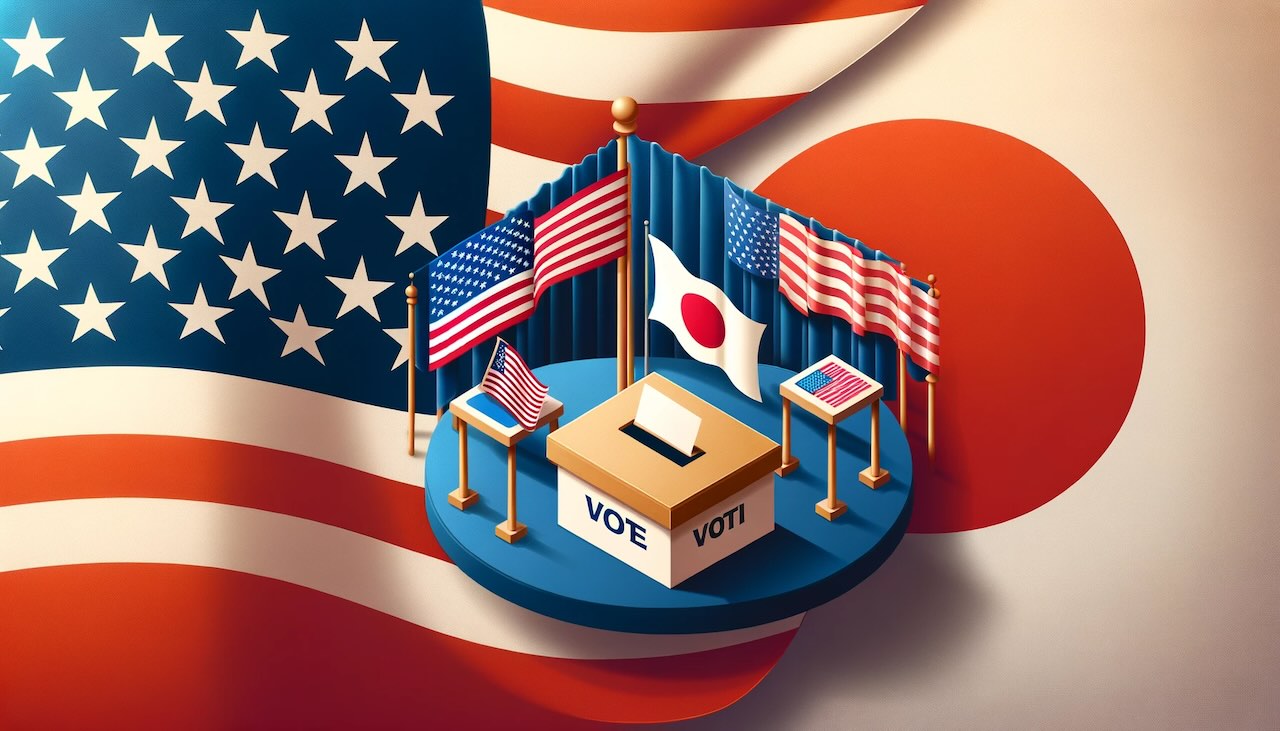Introduction
The United States and Japan, two democratic nations with distinct cultural foundations, exhibit stark differences in political engagement and voter awareness. This article delves into the factors that contribute to high voter engagement in America and the comparatively low engagement in Japan, examining the unique electoral cultures of both countries.
Factors Behind High Voter Engagement in America
1. Political Culture Rooted in Democratic Values
American political culture is deeply ingrained with democratic ideals and individual rights. This foundation, stemming from the nation’s history, instills in citizens a sense of duty to protect their rights and actively participate in government, contributing significantly to high voter turnout.
2. Emphasis on Electoral Education
The American education system places a strong emphasis on teaching the importance of political participation and the mechanics of elections. This early exposure fosters a sense of civic responsibility and agency in young people, encouraging active participation in elections as they reach adulthood.
3. Media’s Role in Encouraging Political Participation
American media extensively covers electoral activities, from primaries to general elections. Detailed reporting on candidates, policies, and debates helps maintain public engagement with the electoral process and raises overall interest in political affairs.
4. Electoral System Encouraging Direct Participation
The U.S. electoral system provides numerous opportunities for public involvement in political processes. Mechanisms such as primaries and caucuses foster active participation and sustain interest in elections among the general public.
Factors Behind Low Voter Engagement in Japan
1. Collectivist Culture and Distance from Politics
Japanese culture is deeply rooted in collectivism, prioritizing societal harmony over individual opinions. This cultural backdrop often leads to a preference for maintaining social cohesion rather than actively engaging in potentially divisive political discourse.
2. Political Apathy and Distrust
Many Japanese citizens feel indifferent towards politics, perceiving it as having little direct impact on their daily lives. This sentiment, combined with a general distrust of politicians and low expectations for political change, contributes to low electoral participation.
3. Lack of Systems for Direct Public Participation
Japan’s electoral system lacks adequate mechanisms for voters to actively participate in the political process. The absence of primary elections, for instance, limits public engagement in the early stages of candidate selection.
4. Challenges in Political Reporting by Media
Political reporting in Japanese media often lacks critical depth and fails to effectively communicate the significance of elections. This shortcoming further diminishes public awareness and interest in electoral participation.
Challenges and Solutions for Enhancing Voter Engagement in Japan
1. Strengthening Political Education
Enhancing opportunities to learn about basic political knowledge, the significance of elections, and democratic values in schools is crucial for raising electoral awareness among Japanese citizens.
2. Improving Political Reporting by Media
The media can play a vital role in increasing voter engagement by providing comprehensive and critical perspectives on politics and actively communicating the importance of elections.
3. Electoral System Reforms
Introducing primaries, revising campaign rules, and implementing other reforms that allow for greater public involvement in elections are necessary to foster a more engaged electorate in Japan.
4. Encouraging Youth Political Participation
Developing political education programs that utilize social media and digital tools, along with increasing political participation events targeted at youth, are essential steps to encourage their involvement in politics.
Conclusion
The differences in electoral consciousness between America and Japan are deeply rooted in their respective cultural backgrounds and political systems. For Japan to enhance electoral awareness and participation, multifaceted approaches are necessary. These include strengthening political education, improving media reporting, revising the electoral system, and encouraging youth participation.
Addressing these challenges can lead to a healthier democratic society in Japan, with more active civic engagement in elections. While the path to increased voter engagement may be complex, it is a crucial step towards ensuring a vibrant and representative democracy that truly reflects the will of its citizens.
By learning from the American model of voter engagement while adapting solutions to fit Japan’s unique cultural context, Japan can work towards creating a more politically active and engaged citizenry. This not only strengthens the democratic process but also ensures that the government remains accountable and responsive to the needs and desires of its people.





















